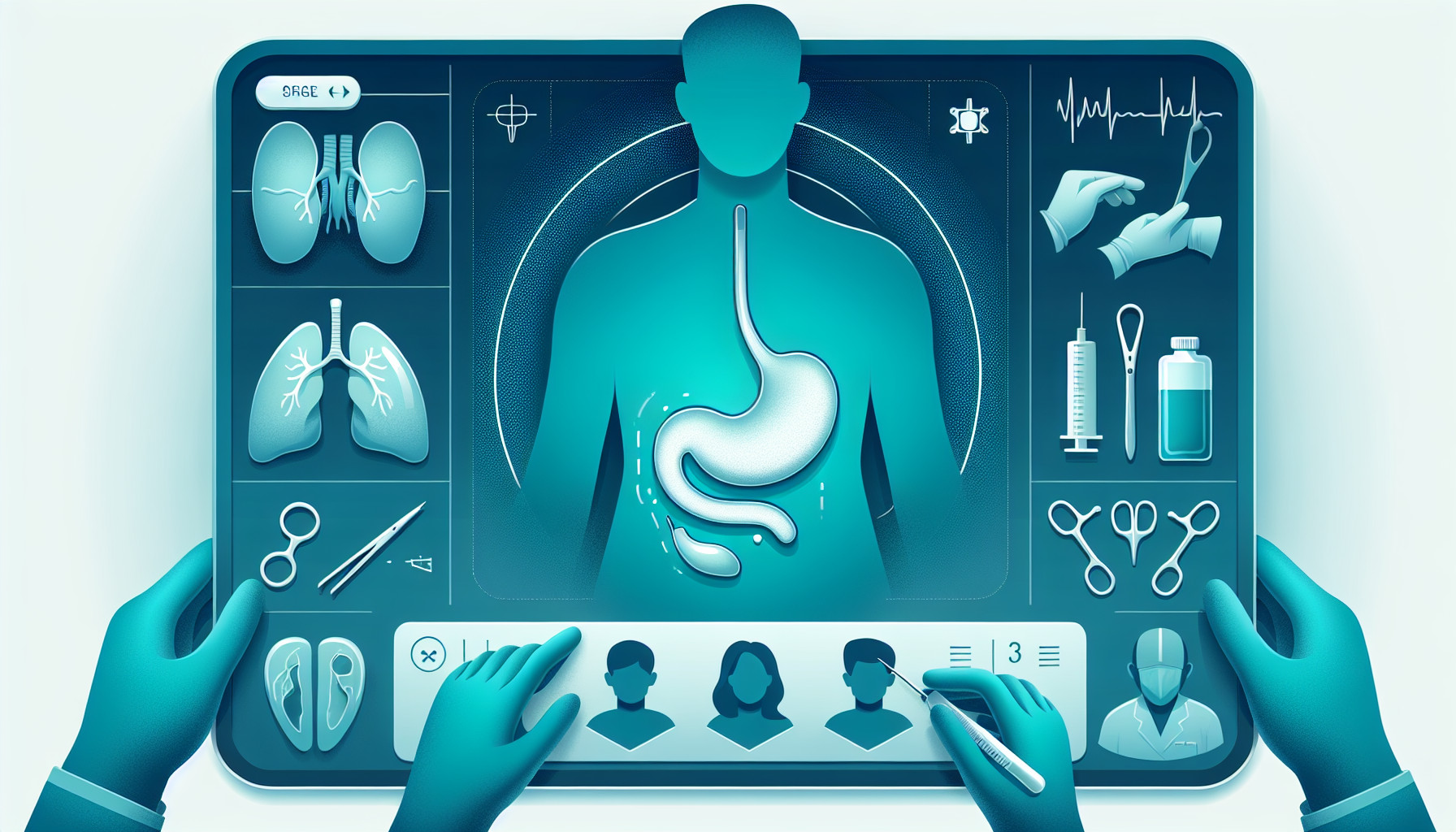Our Summary
This research paper talks about a surgical procedure that has been used for over a century to deal with complex gallbladder surgeries - partial or subtotal cholecystectomy. The terms are a bit vague and don’t specify whether a piece of gallbladder is left behind.
The study suggests using new words for clarity. It recommends dropping the term ‘partial’ and dividing ‘subtotal cholecystectomies’ into two categories: ‘fenestrating’ and ‘reconstituting’.
In a ‘subtotal reconstituting cholecystectomy’, the surgeon seals off the lower part of the gallbladder. This reduces the chance of a post-surgery complication called fistula (an abnormal connection between two parts inside the body), but it leaves behind a piece of gallbladder, which may cause the return of gallstones symptoms.
In a ‘subtotal fenestrating cholecystectomy’, the surgeon doesn’t seal off the gallbladder and might stitch up the cystic duct inside the body. This surgery has a higher chance of causing post-surgery fistula, but it doesn’t seem to cause a recurrence of gallstones.
The paper also mentions that a ‘subtotal cholecystectomy’ performed laparoscopically (using small incisions and a camera) has benefits but may require a surgeon with advanced laparoscopic skills.
FAQs
- What are the two types of subtotal cholecystectomies and how do they differ?
- What is the potential risk of a subtotal reconstituting cholecystectomy?
- What advanced skills may be required for a laparoscopic subtotal cholecystectomy?
Doctor’s Tip
A helpful tip a doctor might tell a patient about cholecystectomy is to follow a healthy diet low in fat and high in fiber after the surgery to help prevent digestive issues and promote overall digestive health. It is important to gradually reintroduce foods back into your diet and listen to your body to see what works best for you. Additionally, staying hydrated and engaging in regular physical activity can also aid in the recovery process. Make sure to follow up with your doctor for any concerns or questions you may have post-surgery.
Suitable For
Patients who are typically recommended cholecystectomy include those with symptomatic gallstones, gallbladder inflammation (cholecystitis), gallbladder polyps, gallbladder cancer, or biliary dyskinesia. Other patients who may require cholecystectomy include those with complications such as gallbladder obstruction, bile duct stones, or pancreatitis. Additionally, patients who are at high risk for developing complications from gallstones, such as those with diabetes or a history of biliary colic, may also be recommended for cholecystectomy.
Timeline
Before cholecystectomy:
- Patient experiences symptoms of gallbladder disease such as abdominal pain, nausea, vomiting, and bloating
- Patient undergoes diagnostic tests such as ultrasound or CT scan to confirm the presence of gallstones
- Patient may be prescribed medications to manage symptoms and dietary changes to avoid triggering attacks
- Patient may be referred to a surgeon for cholecystectomy if symptoms are severe or recurrent
After cholecystectomy:
- Patient undergoes surgery to remove the gallbladder
- Patient may experience postoperative pain, bloating, and discomfort
- Patient is advised to follow a special diet for a few weeks to allow the body to adjust to the absence of the gallbladder
- Patient may experience diarrhea or changes in bowel habits as the body adapts to the new digestive process
- Patient is typically able to return to normal activities within a few weeks, with minimal restrictions on diet or exercise
What to Ask Your Doctor
What is the reason for recommending a cholecystectomy?
What are the potential risks and complications associated with the surgery?
What is the expected recovery time after the procedure?
Will I need to make any dietary or lifestyle changes after the surgery?
What kind of follow-up care will be needed after the cholecystectomy?
Are there any alternative treatments or procedures that could be considered instead of cholecystectomy?
What is the experience of the surgeon in performing cholecystectomy procedures?
How will the surgery be performed (open surgery, laparoscopic surgery, etc.)?
Will I need to stay in the hospital after the surgery, and if so, for how long?
What should I do if I experience any complications or side effects after the surgery?
Reference
Authors: Strasberg SM, Pucci MJ, Brunt LM, Deziel DJ. Journal: J Am Coll Surg. 2016 Jan;222(1):89-96. doi: 10.1016/j.jamcollsurg.2015.09.019. Epub 2015 Oct 9. PMID: 26521077
